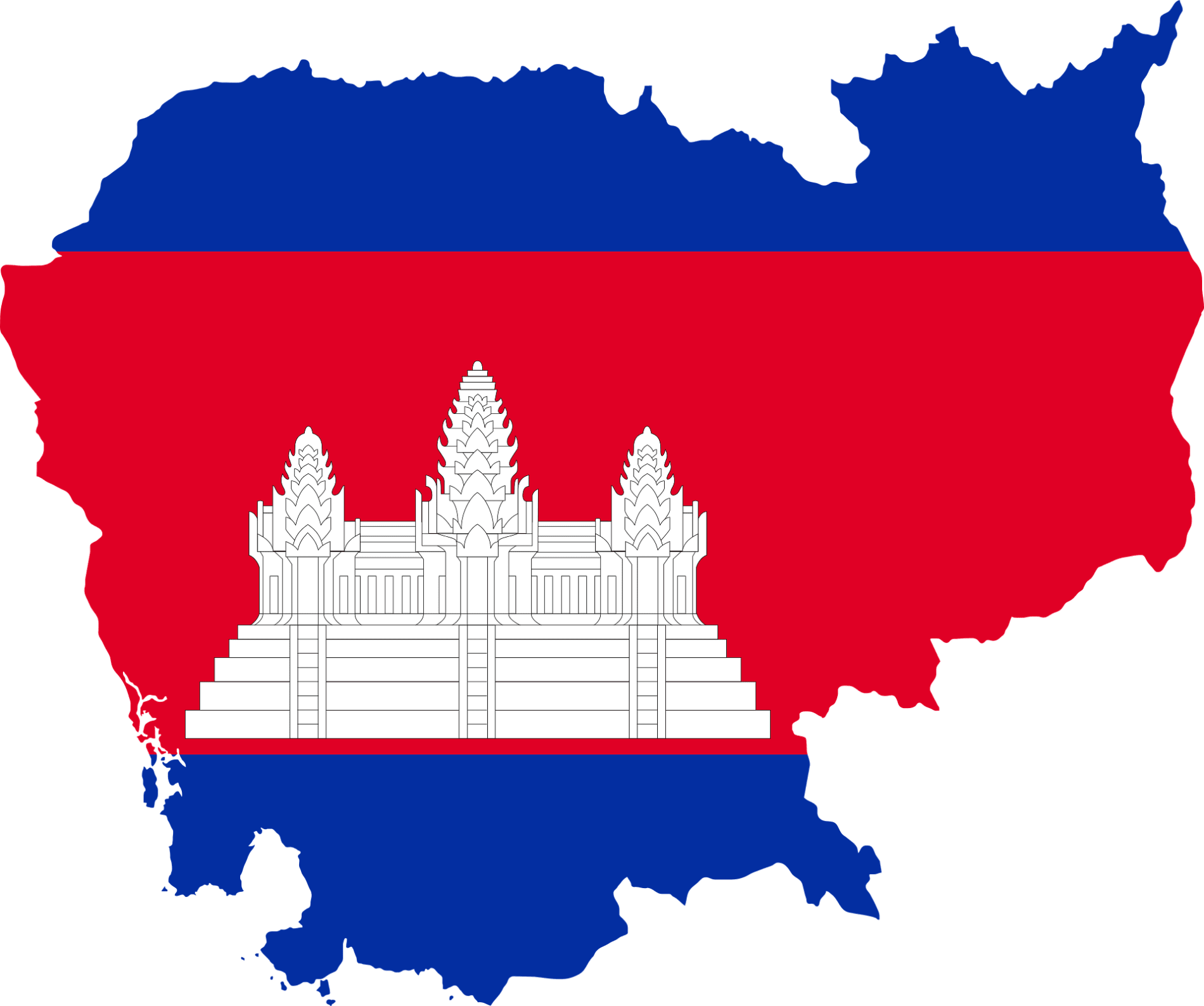
Read the Charter of Independence here.
Cambodians went to the polls for the country’s general election on July 23.
With all viable opposition parties barred from participating, the Cambodian People’s Party (CPP) won in a “landslide" victory. Days later, CPP president and long-serving Prime Minister Hun Sen announced he would be resigning as the head of the government and appointed his son, Hun Manet, as his successor.
Within a month, Hun Manet was elected as Cambodia’s new Prime Minister by 123 members of the National Assembly on August 22.
As Cambodian journalist Chhengpor Aun put it: “Everything proceeded as planned."
Hun Manet had been primed for leadership, as Hun Sen’s eldest son, aged 45. As profiled in The Guardian, Hun Manet studied at the prestigious military academy West Point in the United States and completed his Masters and PhD in economics at foreign universities. In 2018, he was appointed as Deputy Commander-in-Chief of the Royal Cambodian Armed Forces. He also became head of the CPP youth branch in 2020.
Now analysts expect that both father and son will tread a careful path in coming months to avoid polarisation among party ranks — and loss of political control in Cambodia.
Chhengpor, a visiting fellow with the International Institute for Strategic Studies, says it was crucial for Hun Sen, who served as prime minister for 38 years, to have his son elected in order to protect his legacy, enjoy impunity and ensure his own personal safety.
To secure a peaceful transition, Hun Manet’s appointment was followed by many of the ruling CPP members stepping down and being replaced by their children and relatives.
Author of Hun Sen’s Cambodia, journalist Sebastian Strangio, explains that Hun Sen needed to ensure the rest of the CPP benefited from the move.
“Manet’s succession to the prime ministership is just one part of a generational transfer of power within the [CPP] party,” Strangio says.
Specifically, Sar Sokha replaced his father, Sar Kheng, as the Minister of the Interior, and Tea Seiha became the Minister of Defence following in the footsteps of his father, Tea Banh. Strangio says both ministries are significant centres of power in the Cambodian political system.
“Interior and Defence are crucial as security forces, so control of these ministries is fundamental to maintaining the state’s monopoly on violence,” he says. This strategy reduces challenges to Hun Manet and his prime ministership.
But Hun Sen will not be leaving his position of power entirely. He will remain president of the CPP.
According to Chhengpor, Hun Sen serves as the core of the party and is seen as the only one capable of keeping its members united. Any polarisation among its ranks risks the CPP being unable to retain its control of Cambodia. Remaining president of the CPP also allows Hun Sen to ensure the new government does not radically depart from the party’s policy path.
Cambodian academic and lecturer at the Australian National University Dr Katrin Travouillon says Hun Sen will need to be cautious to not undermine the authority Hun Manet has been given.
“Hun Sen knows that he will have to be careful not to give the impression that he is not the one still entirely in charge of the country,” Travouillon says.
“For his son to have any sort of … legitimate claim to leadership within the country, there will have to be the impression that he [Hun Manet] is in charge.”
Chhengpor expects Hun Manet to be given autonomy on governing less controversial issues such as employment and poverty reduction. “Hot button issues” will still be largely directed by Hun Sen, he says.
One such issue is Cambodia’s relationship with China.
Travouillon says Hun Manet has already stated that he will continue the legacy of his father in this respect. “He won’t change policies toward China,” she says.
Hun Sen, as CPP president, will not be the only force directing Hun Manet’s decisions.
Strangio points out that he will also be limited by the Cambodian political structure.
“The structure of the political system will dictate the decision[s] Manet makes as Prime Minister,” Strangio says. “I think he is going to find himself with not a lot of room to manoeuvre.”
Travouillon supports this observation, noting that Hun Manet will be “inheriting his father’s patronage system”.
Cambodia’s political system is a constitutional monarchy with a representative democracy. Yet contemporary Cambodia is governed informally with the exchange of political and financial rewards, according to a report by the International Institute of Asian Studies. Loyalty to the ruling party results in favour and privilege. That system allowed Hun Sen and the CPP to maintain their hold on the Cambodian government, the report states.
But while observers do not anticipate any change in the political system, there is speculation that politics in the country will.
Says Strangio: “What I think we are likely to see is a shift in the atmosphere in Cambodian politics … some of the rhetoric.”
Those taking over as ministry heads have decidedly different backgrounds from their predecessors. Most of the old guard grew up and operated during times of civil war and upheaval. Both Strangio and Chhengpor believe this will contribute to the new government having a different view on politics.
The new Cambodian government is also set to be its most technocratic. Strangio explains that many individuals will be working in areas they have received training in by way of apprenticeships or formal education.
“Even though they have been boosted into positions by virtue of their political loyalty and their family connections, a lot of them are quite well-qualified compared to their parents.”
Yet hope in the new government’s capabilities may do little to remedy the disillusionment Cambodians may feel.
Travouillon says those within Cambodia are excited for a new prime minister but do not foresee any lasting change. It's likewise for the Cambodian diaspora, she says.
“All of the members of the opposition [to the CPP], outside of the country, are under no illusion.”